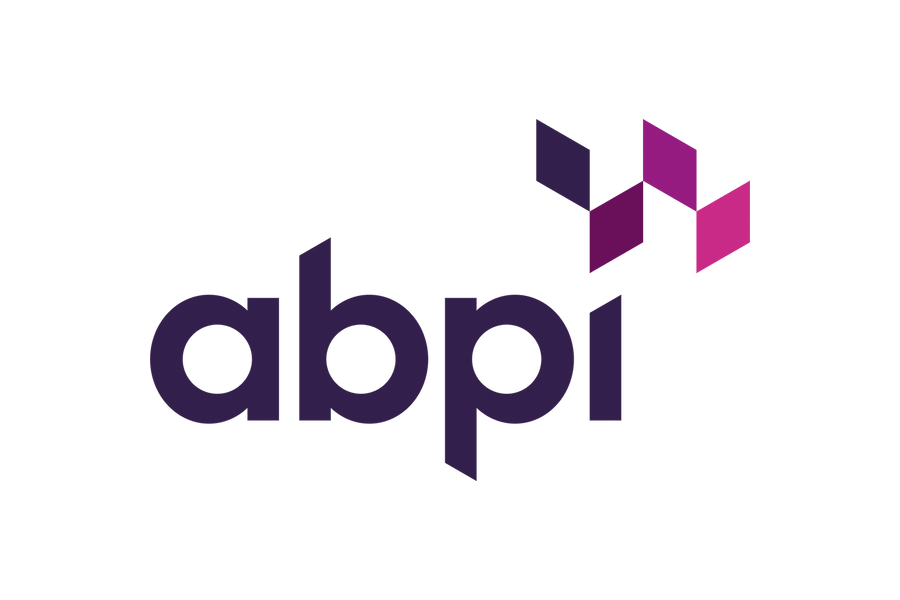Pfizer’s Susan Rienow named new president of ABPI

Pfizer UK president Susan Rienow will take the role of president of the Association of the British Pharmaceutical Industry (ABPI) on a full-time basis in May, following the abrupt departure of Pinder Sahota last month.
Rienow is vice-president of the trade organisation and became acting president in the meantime, but will now take on the role fully. The ABPI said she has the target of leading the board to “deliver the organisation’s mission to make the UK the best place in the world to research, develop, and use new medicines and vaccines.”
The role of president became vacant after Sahota – UK general manager for Novo Nordisk – decided to step down in the wake of a ruling that his company had breached seven clauses of the ABPI Code of Practice, which sets out requirements for the ethical promotion of prescription medicines.
Sahota stepped down in order to avoid becoming “a distraction from the vital work of the ABPI,” said the organisation at the time.

Rienow takes leadership of the board at a time when the ABPI’s membership are grappling with an increasingly challenging operating environment in the UK, with many of its members incensed by the voluntary and statutory revenue clawback schemes that are becoming an increasing financial burden.
The schemes – designed to limit NHS spending growth on prescription medicines – have seen the levies shoot up in the wake of the pandemic, currently set to rise in April to 26.5% for the voluntary framework (VPAS) and 27.5% for the statutory alternative.
A successor to the VPAS is being negotiated, with industry pushing for a sustainable system with a rebate comparable to other countries like Spain and Ireland, which have rates below 8%.
Other challenges facing the sector, meanwhile, include a decline in clinical research in the UK, high corporate tax rates relative to other countries like Ireland, the end to tax incentives for capital investments, and the current state of limbo in scientific funding – all of which are threatening the government’s ambition to make the UK a life sciences “superpower”.
Rienow is upbeat about taking on those challenges, saying she is “delighted to be taking up the role of ABPI president at such a huge moment of opportunity for both the UK and our industry."
“The government has set out a bold ambition to be a science superpower, and with a new Department for Science, Innovation, and Technology, I believe that the industry and government can drive this agenda together to deliver long-term economic growth,” she added.
“Our industry is developing a new generation of medicines and vaccines, and I look forward to working with colleagues across the industry, government, and the NHS to ensure these can help transform the lives of people across the country.”
The ABPI has just laid out a framework for a new agreement with the government to replace the VPAS, which will come to the end of its five year-cycle this year.
It includes an annual £1 billion boost to the NHS, as well as an additional £1 billion new investment facility to “maximise the potential of the UK’s health and life science ecosystem”.













